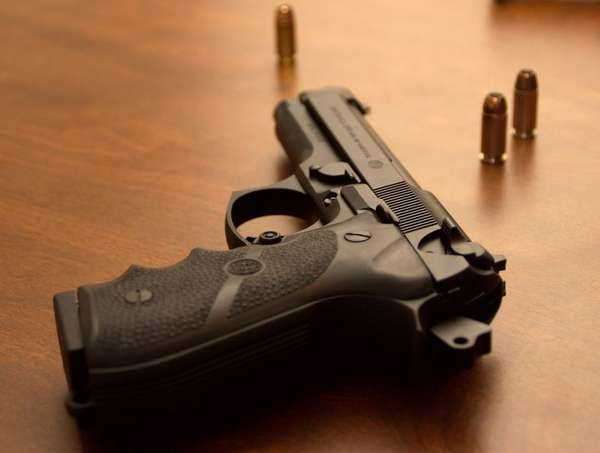Gun Safety Cleaning and Upkeep Supplies
In order to appropriately undertake cleaning a gun or firearm, there are certain gun cleaning supplies and gun cleaning solvents that will be necessary to acquire before starting. A basic gun cleaning kit will provide for these materials, however, there are a variety of gun cleaning supplies and gun cleaning solvents out in the market depending on the intricacy of the gun cleaning and personal preference.
A basic gun cleaning kit will provide for all the necessary tools, attachments, and gun cleaning solvents necessary to perform a gun cleaning. Depending on the gun cleaning kit, some are offered as a universal kit, which offers the flexibility of being able to clean multiple types of firearms.
However, with these specific kits, the brushes needed will be sold separately because of their specificity to calibers. Basic gun cleaning kits are also available according to caliber sizes, which will eliminate the need to purchase brushes separately. Other supplies that should also be needed are typical household items such a cleaning rags, toothbrush, pipe cleaner, cotton swabs, protective eye wear, and gloves. Though these gun cleaning supplies are not essential, they are recommended for a thorough cleaning and convenience.

There various gun cleaning solvents out on the market, but typically, there are only a couple of chemicals needed for a successful gun cleaning. Firstly, a gun cleaning solvent formulated to rid of copper is necessary, especially if the firearm is used with copper-jacketed ammunition. The reason for this is that tiny fragments tend to be left behind after the used of copper-jacketed bullets.
The copper solvent will rid the firearm of all copper build up. Secondly, a lubricating oil will be used after thoroughly cleaning the gun's parts and components to coat the barrel and some of the parts. This will protect rust from forming as well as provide that all moving parts work properly.
A key element to keep in mind is that all bore-cleaning brushes are made according to gun caliber sizes. If the gun cleaning kit is dedicated to a particular caliber, then this is will not prove to be an issue as long as there are enough brushes available.
A universal gun cleaning kit will not provide the brushes and must be purchased for the appropriate caliber size. There are several brush types available, bronze, plastic, and stainless steel. Some companies make their own types of brushes using a combination of these materials and specific shapes.
For the most part, bronze brushes are the accepted standard for a regular gun cleaning. Plastic may not prove to be efficient in removing some of the build up that is really stuck or hard to remove. Plastic brushes tend to be used only when using specific solvents that are much stronger than the standard ones found in basic gun cleaning kits. Stainless steel brushes tend to be used for firearms that have a lot build up and have not been cleaned in some time.
However, for a regular cleaning, stainless steel is not highly recommended because of the fact that the firearm itself is probably made of the same material, and the brush can possibly damage it. Stainless steel brushes are often design with a special or particular shape so as to avoid such a hazard.
It is also to keep in mind that allowing for a proper work space is important for gun cleaning. Many of these chemicals will stain fabric so it is also recommended to use rags or newspaper to cover any area that will be used while cleaning a firearm.
The household items such as a toothbrush or pipe cleaners are not necessary to clean a firearm, but may prove useful in certain situations. A pipe cleaner is used to clean extremely small spaces and may reach certain areas that the gun cleaning brush may not be able to. Protective eye wear and gloves are used as precautionary and safety measures, not necessary, but strongly recommended. Eye is simply used to protect the eyes from possible getting unwanted splatter of the gun cleaning solvents while employing the brush to clean.
Gloves are recommended so as to not get the solvents all over the hands. Though not severely harmful or toxic, it is still a good idea to keep the hands covered. Nitrile gloves are recommended because of their ability to withstand some of the solvents better than regular latex gloves.